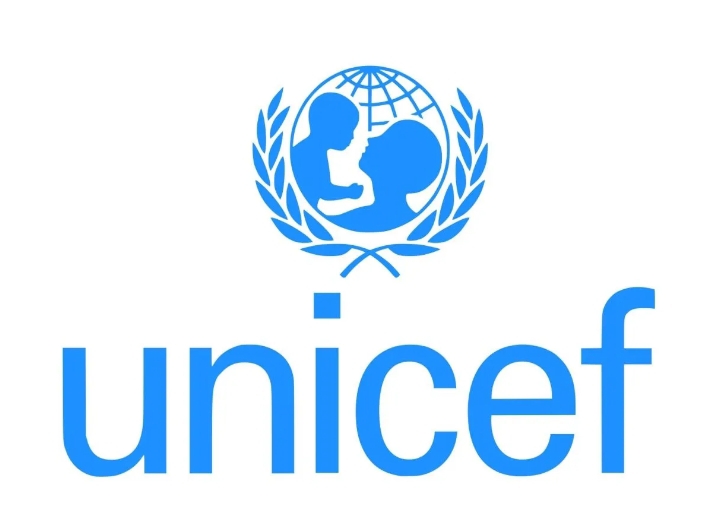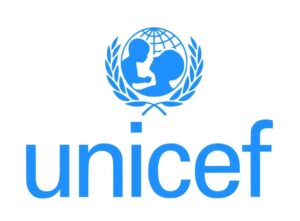HPV Vaccination: UNICEF Starts Second Phase On May 27 In Southwest States
The United Nations Children’s Fund (UNICEF) has declared its aims to vaccinate 90 percent of Nigerian girls aged nine to fourteen against Human Papillomavirus (HPV) by December 2024.
As part of this effort, UNICEF announced that the second phase of the HPV vaccination campaign will begin on May 27 in the SouthWest states of Ekiti, Ondo, and Oyo, as well as in Edo.
Addressing misinformation and myths about HPV vaccination, UNICEF emphasized that the vaccine is the most effective method to prevent cervical cancer in girls and women.
Dr. Ijeoma Agbo, a health specialist at UNICEF’s Lagos field office, discussed this initiative during a two-day media dialogue titled “Combating The Most Preventable Form Of Deadly Cancer Affecting Women and Girls Through Vaccination,” held in anticipation of the campaign’s launch.
Dr. Agbo noted that the first phase, initiated last year in Ogun, Lagos, Osun, and some northern states, achieved over a 50 percent success rate. She attributed the high cervical cancer rates to limited access to HPV vaccination services, inadequate screening and treatment, and low awareness.
She urged parents and guardians to ensure their teenage girls receive the vaccination.
“We aim to achieve a 90 percent vaccination rate for HPV,” Dr. Agbo stated. “Nationally, we have about 50 percent coverage, but the SouthWest fell short of expectations. Osun State reached 70 percent through targeted efforts, while Ogun and Lagos achieved around 40 percent each. Some northern states reached 70 percent, highlighting the need for more work in the South.
“We are now expanding to the remaining three SouthWest states and Edo. These states are near Lagos, Ogun, and Osun, where we previously introduced the vaccine. It’s crucial to address past issues to improve the program in new areas and enhance ongoing efforts.”
Dr. Agbo appealed to parents: “We need your support. UNICEF’s mandate is to ensure every child, especially girls, can survive, thrive, and fulfill their potential. We aim to prevent future cases of cervical cancer, making this initiative vital.”
Muhammad Okorie, UNICEF’s Programme Manager, highlighted the media dialogue as an opportunity to educate the public about the benefits of HPV vaccination and other proven global health interventions.



